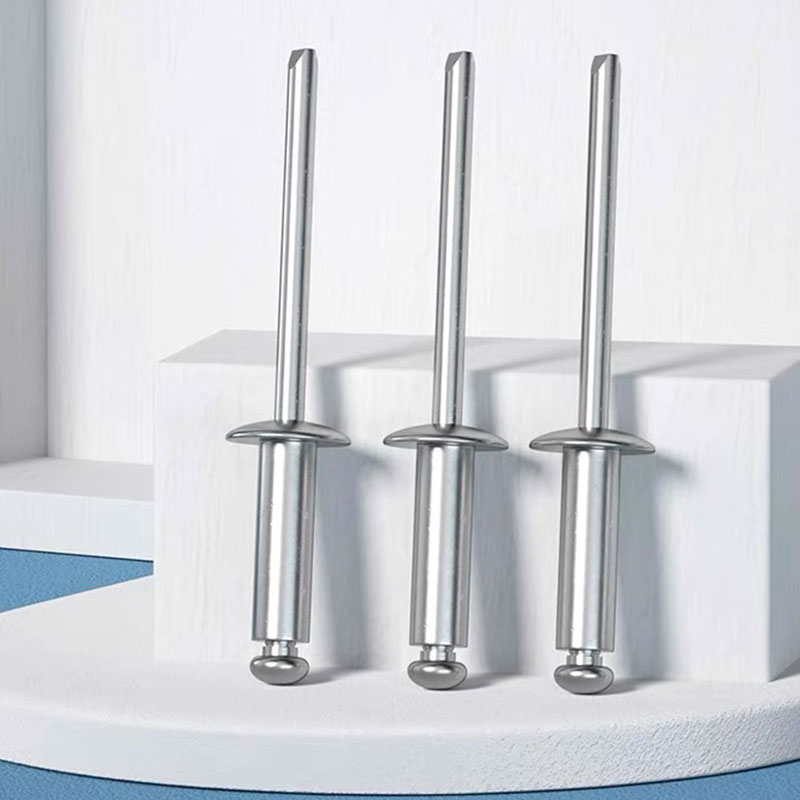Blind Screw: The Hidden Fastener for Clean and Secure Assembly
2025-05-21
In manufacturing and construction, aesthetics and functionality often go hand in hand. The Blind Screw is a specialized fastener designed to provide secure attachment while remaining hidden from view, making it a popular choice for applications where a clean, flush finish is essential.

What Is a Blind Screw?
A Blind Screw is a type of screw designed to be installed without visible heads or fasteners on the outer surface. It is commonly used in applications where the screw is inserted from the inside or a concealed side, ensuring that the fastener remains “blind” or hidden from the exterior. This feature is especially useful in furniture, cabinetry, automotive interiors, and electronic enclosures.
Key Features of Blind Screws
Concealed Installation
Installed from non-visible sides, ensuring a smooth, uninterrupted surface finish.
Variety of Designs
Available in multiple styles including push-fit, threaded inserts, or specialized heads for hidden fastening.
Secure Hold
Provides strong mechanical fastening despite being hidden from view.
Material Options
Made from steel, stainless steel, brass, or other corrosion-resistant materials depending on application needs.
Compatibility
Can be used with a variety of substrates such as wood, metal, plastic, or composites.
Applications of Blind Screws
Furniture Assembly
For joining panels or components without visible screw heads, improving the aesthetic appeal.
Automotive Interiors
Used to fasten trim pieces and panels discreetly.
Electronics Enclosures
Ensures a clean look while maintaining access for repairs or maintenance.
Architectural and Construction
For securing panels, fixtures, and decorative elements without visible hardware.
Advantages of Using Blind Screws
Improved Appearance
Eliminates the need for surface caps or covers, creating a sleek and professional look.
Reduced Tampering
Concealed fasteners provide added security against unauthorized disassembly.
Enhanced Safety
No exposed heads reduces the risk of injury or snagging on surfaces.
Ease of Maintenance
Designed to allow access from behind or inside for adjustments or repairs.
Choosing the Right Blind Screw
To select the appropriate blind screw, consider:
Material Compatibility
Match screw material to the substrate and environmental conditions.
Load Requirements
Ensure the screw’s strength and thread type are suitable for the intended load.
Installation Method
Verify whether the screw requires special tools or inserts for installation.
Size and Length
Choose dimensions appropriate for the thickness of materials being joined.
Conclusion
The Blind Screw is a practical and elegant solution for fastening needs where appearance and security matter. By providing strong, hidden connections, it enhances the design and functionality of products across industries. Whether in furniture making, automotive, or electronics, blind screws help achieve a polished, professional finish without compromising structural integrity.


